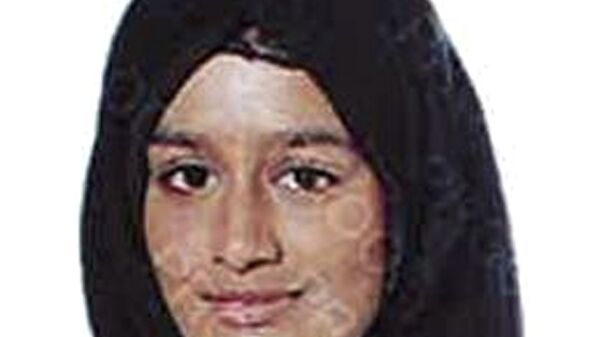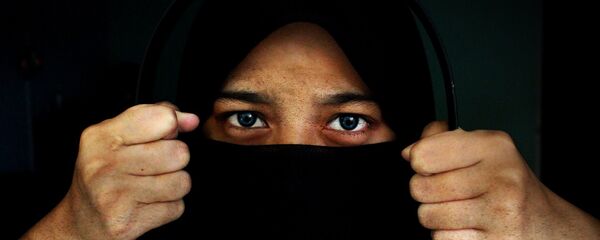Whilst Ms. Begum admits she may never return to the UK, she said that she "really regretted everything" and would like a second chance at life. Begum, 19, is of Bangladeshi heritage and was stripped of her UK nationality by Home secretary Sajid Javid in late February.
After losing her third child in March, Ms. Begum gave her candid interview to the Times, stating that she had travelled from London to Syria in 2015 because "everything that I had been told, while knowing little about the truths of my religion".
"I have sat down and thought about how long I would have to stay here," she told the Times. "And I have kind of accepted that I will have to stay here, I will have to make this like a second home."
She added that since she fled Baghouz, she "really regetted" everything she had done and wanted to go back to the UK for a "second chance" to start her life over. "I was brainwashed," Ms. Begum said.
— The Times of London (@thetimes) April 1, 2019
Her comments come after she was interviewed in February after being found at the al-Hawl refugee camp in Syria. Whilst there, she showed little sympathy for her actions and even suggested that the 2017 Manchester Arena terrorists attacks, where 23 victims were killed by an explosive device at an Ariana Grande concert, was wholly justified.
— Nigel Baker (@NigelBa06173187) April 1, 2019
— Betsy Bee (@Elizabe71267393) April 1, 2019
But Ms. Begum said that she was afraid of retribution from Islamists within the camp, stating that if she had said anything against ISIS, extremists "would immediately attack me, so I was afraid of that".
READ MORE: Australian PM Refuses to Help Children of Daesh Militant Return Home
Ms. Begum's parents have begun legal proceedings to challenge the Home Office's decision, as Mr. Javid's ruling does not leave her stateless, according to international law. Mr. Javid has said that Ms. Begum would retain her Bangladeshi citizenship, but Bangladesh officials vowed not to accept her, the Ministry of Foreign Affairs in Dhaka said in February, adding that it had a "zero tolerance" policy on terrorism and radical extremism.



